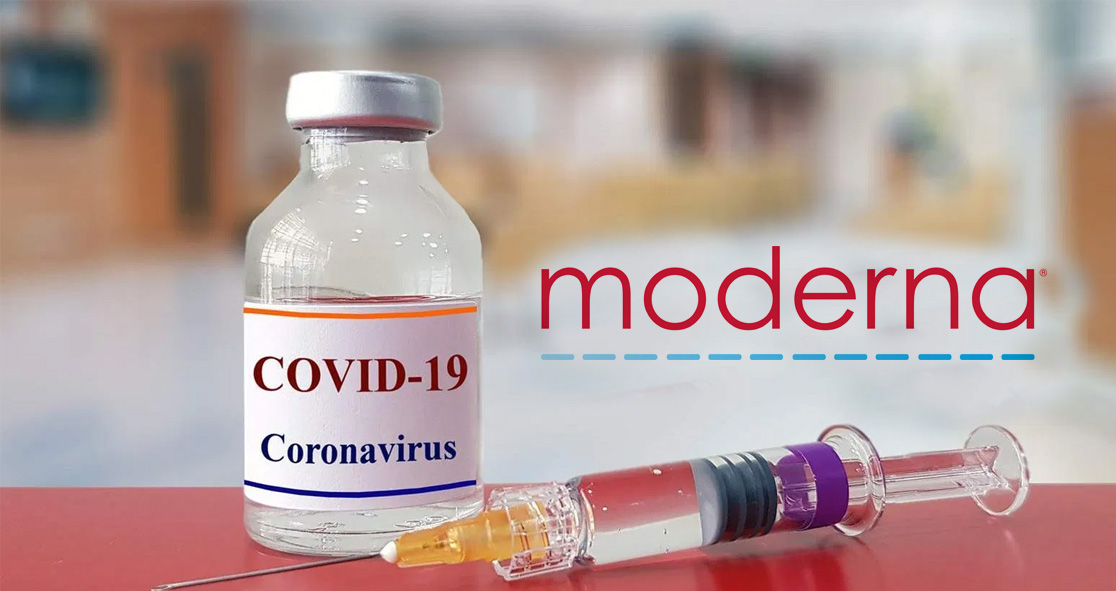The experimental COVID-19 vaccine, developed by Moderna Therapeutics, which has recently been demonstrated to have 94% efficacy, helps the human immune system to produce powerful antibodies that can endure for at least three months, according to a study.
Scientists at the National Institute for Allergies and Infectious Diseases (NIAID), which co-developed the vaccine, studied the immune response of more than 30 adult participants, young and old, from the Phase 1, first stage, clinical trial.
The study findings were published in the New England Journal of Medicine.
The antibodies stop the virus called SARS-CoV-2 from invading human cells. The researchers said these antibodies “declined slightly over time, as expected, but they remained elevated in all participants 3 months after the booster vaccination.”
The vaccine candidate, known as mRNA-1273, is administered in two injections, with the second dose given after 28 days of the first dose.
The NIAID experts said the number of antibodies fades over time, but that is not necessarily a cause for concern.
Dr. Anthony Fauci, NIAID Director, and other experts have said it is “very likely that the immune system will remember the virus if re-exposed later on, and then produce new antibodies.”
The study also showed that the vaccine helped activate a certain type of immune cell that could offer protection, but only larger studies will confirm if this will really be the case.
The U.S. Food and Drug Administration (FDA) will review Moderna’s COVID-19 vaccine on December 17. The company could get the green light for emergency approval soon after.
Another vaccine, developed by Pfizer in association with BioNTech, is also based on the technology used by Moderna, which uses genetic material in the form of mRNA.
The mRNA is covered in a fat molecule and injected into the arm, “where it causes cells inside our muscles to build a surface protein of the coronavirus,” according to Medical Xpress. This eventually tricks the immune system that believes it has been infected with a microbe. And then trains the immune system to produce antibodies when it encounters the actual virus.























